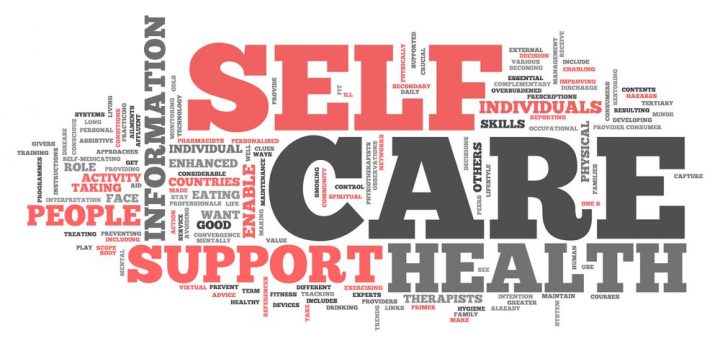Taking a Preventive Approach Can Lead to Better Overall Health
Written by |

Attending medical appointments is routine when battling active sarcoidosis. But we stand to benefit most if we see our doctors consistently, not just when we’re ill, but also when we’re well. Lifestyle choices such as exercising regularly, eating healthfully, getting adequate sleep, and avoiding smoking or overindulging in alcohol can prevent many chronic diseases. Such actions can also help to ease the symptoms of sarcoidosis.
Seeking ‘well care’ — not just ‘sick care’
My path to preventive healthcare sprang from a desire to reduce my prescription medications. Nearly a decade after stumbling upon sarcoidosis, I was taking a dozen medications daily. With my cognitive issues, managing the timing, dosages, and frequency required an app. Seeing little improvement in my health, despite all my medications, I decided to take another route.
A pathway to better health
During doctor’s appointments, I began asking if there was anything I could do besides taking medications to manage symptoms and improve my overall health. Exercise topped the list. That wasn’t a surprise to me, as I’m aware of the risks of being a couch potato. A recent study links a two-decade sedentary lifestyle to double the risk of premature death. However, a vague recommendation to “exercise” isn’t helpful, so I asked for specifics. For example, when my pulmonologist recommended that I use the treadmill, I asked for specifics on frequency and duration of workouts, as well as incline and speed.
Reaching for alternatives instead of medications
I also began inquiring about the use of vitamins and supplements instead of prescription medications. I found a neurologist who specializes in alternative medicine to help me eliminate as many medications as possible. Whenever health issues arose, I sought natural ways to address them before going on medications. Instead of turning to a prescription to deal with urinary frequency, one of the many symptoms of my autonomic neuropathy, I was able to resolve the issue by changing my diet.
*As a reminder, everyone’s medical experiences are different. These are my own observations. Be sure to consult your doctors about any treatment decisions you make.
Regular checkups
I have annual medical examinations outside of my sarcoidosis care, as well as bloodwork, vaccinations, and recommended health screenings. When battling dry mouth — a side effect of my medications — my dentist made me aware of the link between oral health and overall health. Endocarditis, cardiovascular disease, and pneumonia are among the conditions linked to poor oral health. It also has been connected to cognitive decline, which is why flossing and brushing at least twice daily and seeing my dentist every six months are parts of my health routine.
With my body already taxed from battling sarcoidosis, management of my overall health is vital.
***
Note: Sarcoidosis News is strictly a news and information website about the disease. It does not provide medical advice, diagnosis, or treatment. This content is not intended to be a substitute for professional medical advice, diagnosis, or treatment. Always seek the advice of your physician or other qualified health provider with any questions you may have regarding a medical condition. Never disregard professional medical advice or delay in seeking it because of something you have read on this website. The opinions expressed in this column are not those of Sarcoidosis News or its parent company, Bionews Services, and are intended to spark discussion about issues pertaining to sarcoidosis.






Leave a comment
Fill in the required fields to post. Your email address will not be published.